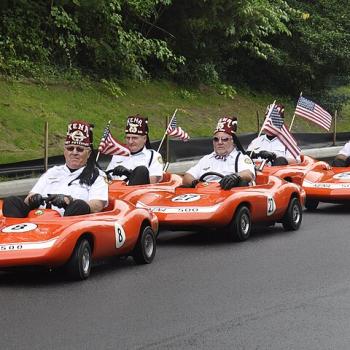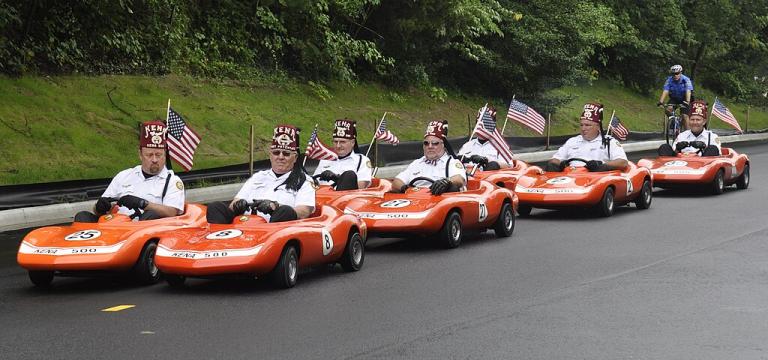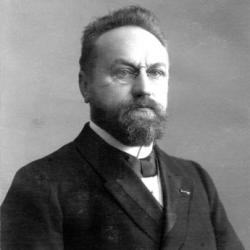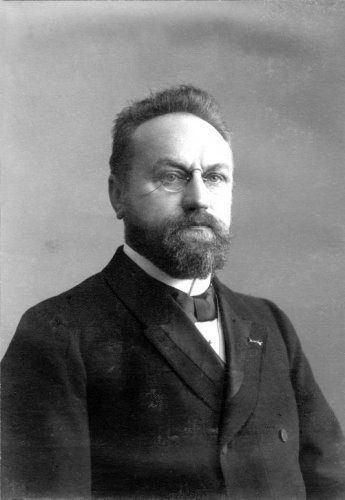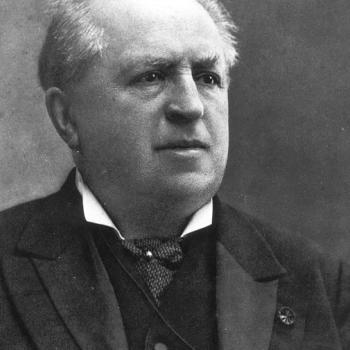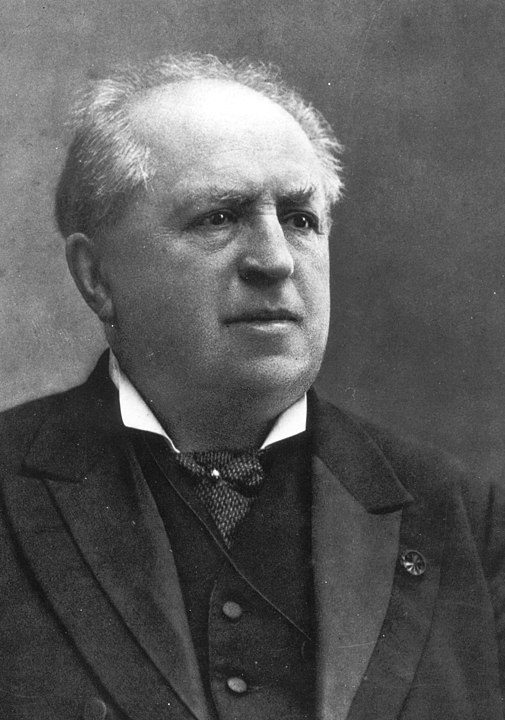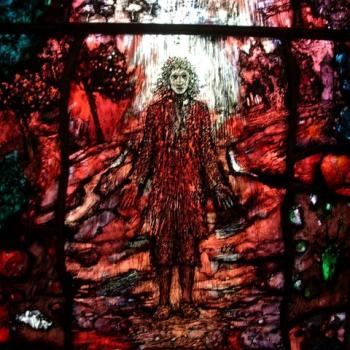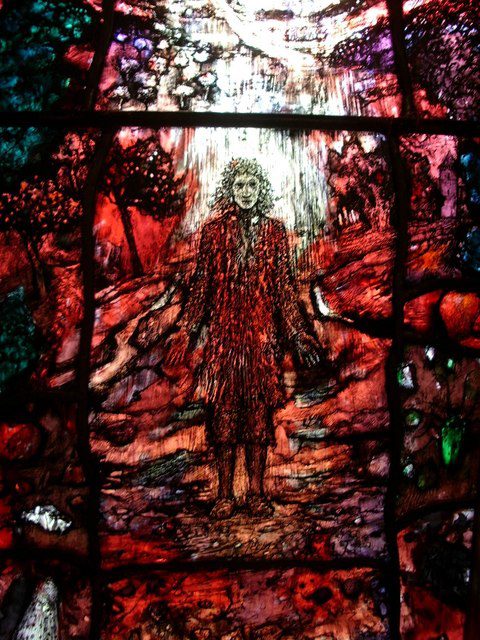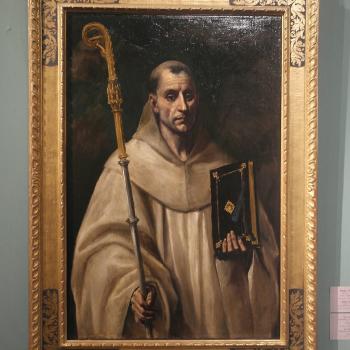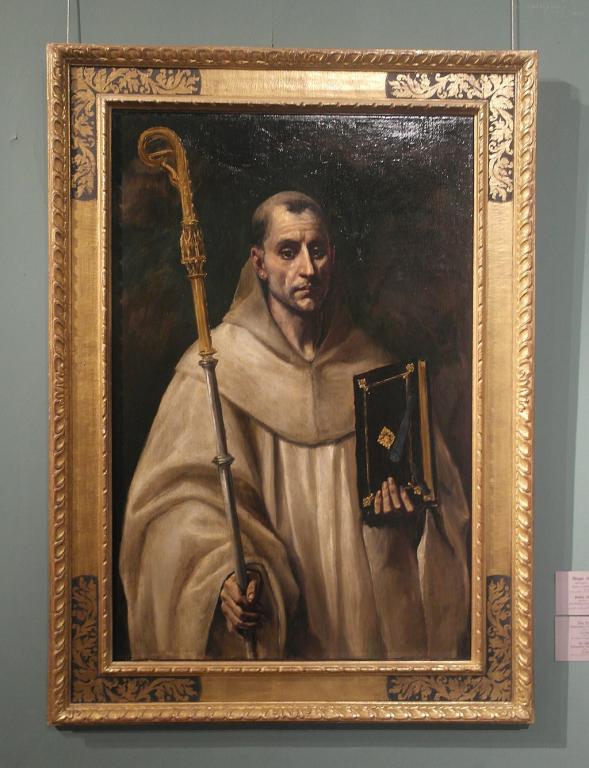The season of holidays is upon us. Halloween is soon followed by Thanksgiving, which is soon followed by Christmas, which is soon followed by New Year’s. So it’s fitting to reflect on what has happened to these and all the rest of our holidays.
Earlier this week we complained about how Halloween has been corrupted. Reformation Day, which occupies the same chronological space, is now mostly ignored by Protestants, except for Lutherans and Calvinists, though we marked the day at this blog. Today is All Saints’ Day, which in many nations in Europe, both Catholic and Lutheran, is a national holiday–a time to honor the memory of loved ones who have died–but in America few people, except for Catholics and Lutherans, seem to celebrate it anymore.
But those are not the only holidays that are diminished. Some Americans have stopped celebrating some holidays, and even those that Americans do celebrate are often distorted beyond recognition, with elements that used to accompany the celebration becoming the main point of the celebration, with the true significance of the day forgotten or ignored.
In our Halloween post, we drew on Fr. Donald Planty’s point that secularism just ruins holidays, showing how this applies not only to Halloween but also to Christmas, Easter, and lesser once-religious observances such as Mardi Gras and St. Patrick’s Day.
I would add that the very word “holiday” comes from “holy” + “day.” If you don’t have a concept of the holy–a term which includes the sense of being set apart as God is, as Christians are, and as things devoted to His service are–it’s impossible to have a sense of holy days.
But it isn’t just that religious holidays have become secularized, secular holidays too have lost their meaning.
For example, Congress has formally recognized 11 federal holidays, on which government employees, as well as those of private companies that have adopted the list, have a day off. Only one derives from Christian observance, Christmas. Another has broader religious overtones, Thanksgiving. Another has a connection to the Christian calendar, New Year’s Day. (There are, of course, other holidays celebrated by other religions and cultures, but I’m going to concentrate on these federally-recognized holidays.)
The other eight were intended to commemorate events, individuals, or groups of people important in our history. They were originally set to the mark specific dates when the individual was born or when the event or an associated event happened. Today, though, only two fall on a certain date: Independence Day (popularly known as the “Fourth of July”) and the newest federal holiday, Juneteenth Day (June 19, when Lincoln’s Emancipation Proclamation was enforced to end slavery).
While Labor Day was set to be a Monday from the beginning, the others were moved so that they would fall on a Monday to give employees a three-day weekend: Washington’s Birthday, Memorial Day, Columbus Day, Martin Luther King Jr. Day, and Veterans Day.
I don’t begrudge anyone their time off from work, but the effect was to shift attention away from what was being commemorated. The celebration was reduced to the good feeling that comes from getting a day off from work.
Furthermore, some of the holidays became generalized so that they lost their particular significance. George Washington was born on February 22, 1732, so February 22 became a national holiday. Another of our greatest presidents, Abraham Lincoln, was born on February 12, 1809, and some states honored his birthday as well with a local holiday, or, because their birthdays were just ten days from each other, added celebrations of Honest Abe to those honoring the Father of Our Country. After Congress made the day a movable feast in 1968, states changed the holiday to Presidents Day (sometimes with either a singular or a plural-indicating apostrophe), honoring all presidents. But what is there to honor about all of our presidents? The holiday became watered down beyond recognition.
Another factor is that some of the historic individuals and events that the secular holidays commemorated have been reinterpreted so that many Americans find them not worth celebrating. Washington, after all, owned slaves. Columbus discovered America for the Europeans, but that entailed taking it from the indigenous tribes that were already there. So Columbus Day in a number of jurisdictions became Columbus Day/Indigenous People’s Day, a rare holiday that encourages the simultaneous emotions of both celebration and guilt. Most Americans today, though, ignore it completely, except for Italians, who use it for their St. Patrick’s Day as a festival of their ethnicity.
- Thanksgiving, increasingly called “Turkey Day” means mainly a big meal.
- Christmas: the giving and receiving of presents, plus nostalgia.
- Easter: candy
- New Year’s: stay up past midnight
- Independence Day: fireworks
- Memorial Day: grill out. What we are supposed to remember (those who gave their lives in military service for their country) has slipped our memory. Now we’re mostly celebrating the beginning of summer, when school is out and people take their vacations.
- Labor Day: grill out. Few people want to celebrate labor unions, as originally intended. It was decreed to always fall on the first Monday of September instead of the originally proposed May 1, to distinguish American workers from their Communist counterparts who celebrate Mayday as International Workers’ Day. But today it mainly just signifies the end of summer, when school starts up again and vacation time is over.
Christians, though, have a sense of the holy, and the church year gives significance to the rhythms of time. We still have something wonderful to celebrate in the birth and the resurrection of Jesus, helped to do so by the seasons of Advent and Lent, and by other holy-days, such as Ash Wednesday and Good Friday that the secularists know nothing about.
And we can celebrate the secular holidays too, not because they are holy as such, but because we have someone to be grateful to, so that we can thank God for our blessings on Thanksgiving Day and thank Him too for the blessings He has given us through the vocations of the people who made our history, even when their legacy is mixed, as well as for the sacrifices of those who gave or offered their lives for our nation. When we memorialize them, we cannot help but remember the ultimate sacrifice of Christ for His world.
Illustration: Hallothanksmas by Pinke via Flickr, CC BY-NC 2.0




